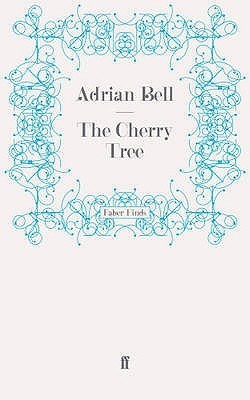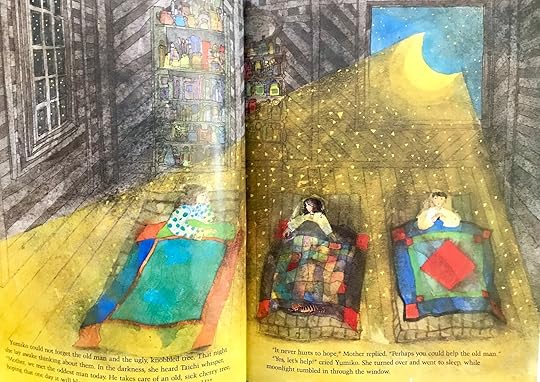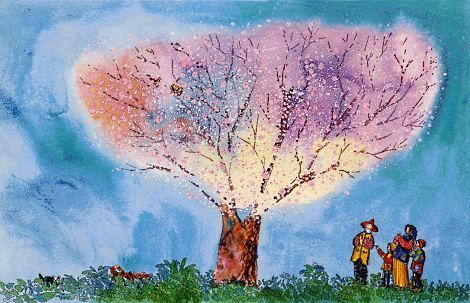What do you think?
Rate this book


160 pages, Paperback
First published July 1, 1932
Certainly it was a time unparalleled - even the old men admitted as much, which was an unheard of concession.
It had died away - the old bluff, hospitable life of the countryside - like a summer’s day. I saw it fade, was a part of it, but from the top of my stacks as I worked, or from the window of my barn.
In autumn it had been as though all the sun which the tree had drunk throughout the summer oozed back again to its leaves, making the whole tree for a while an effigy of golden light.

